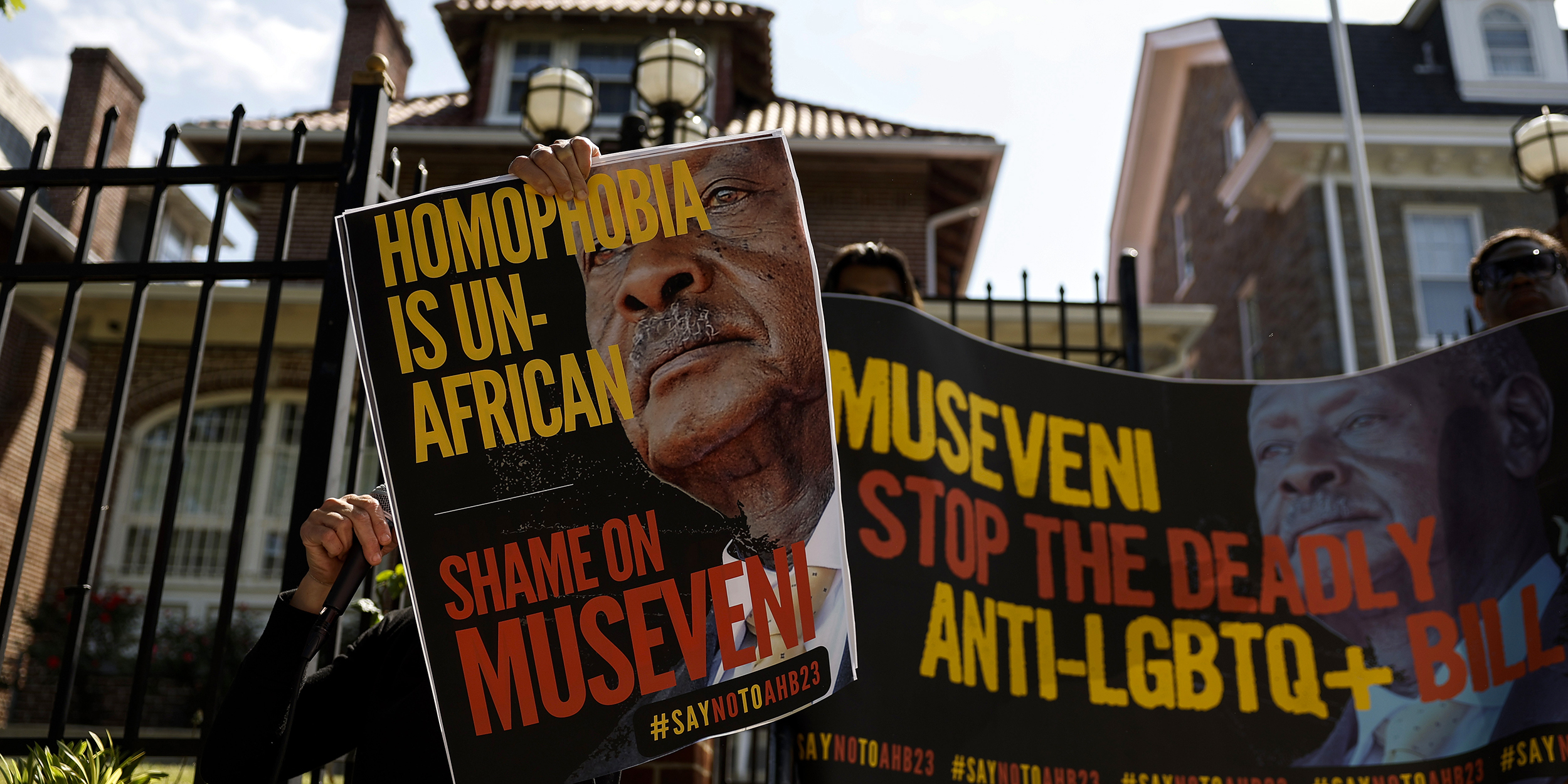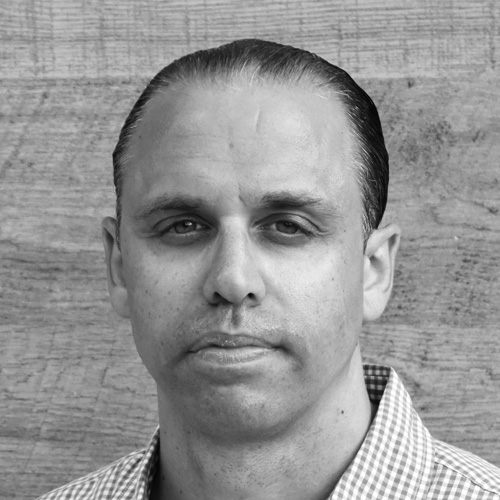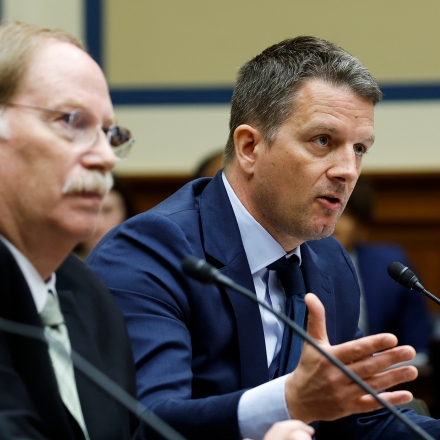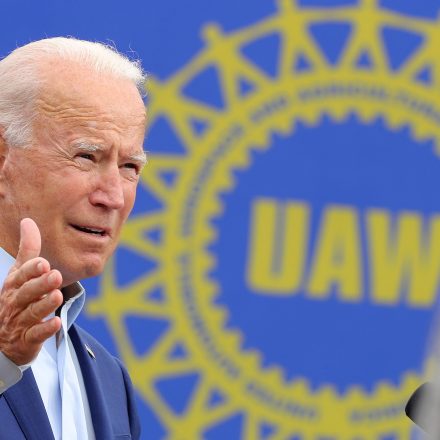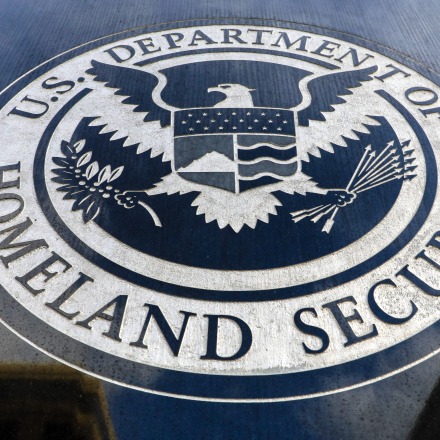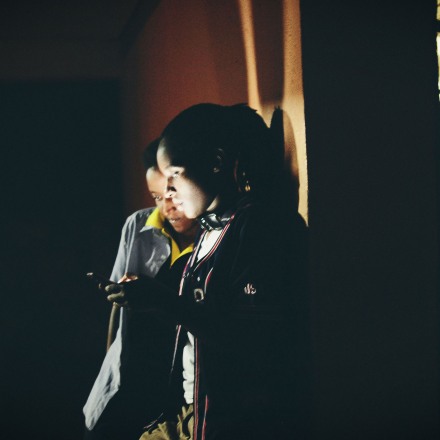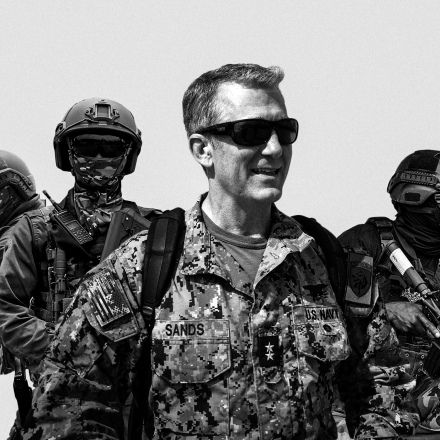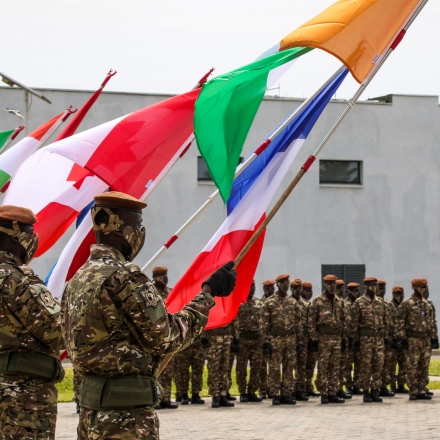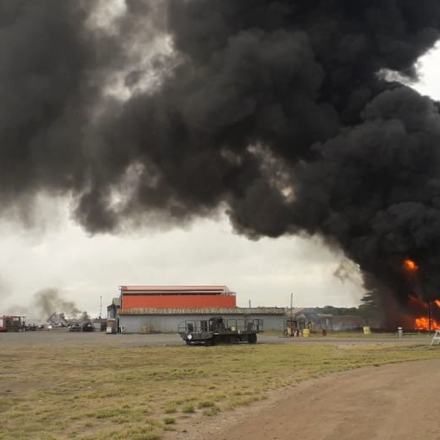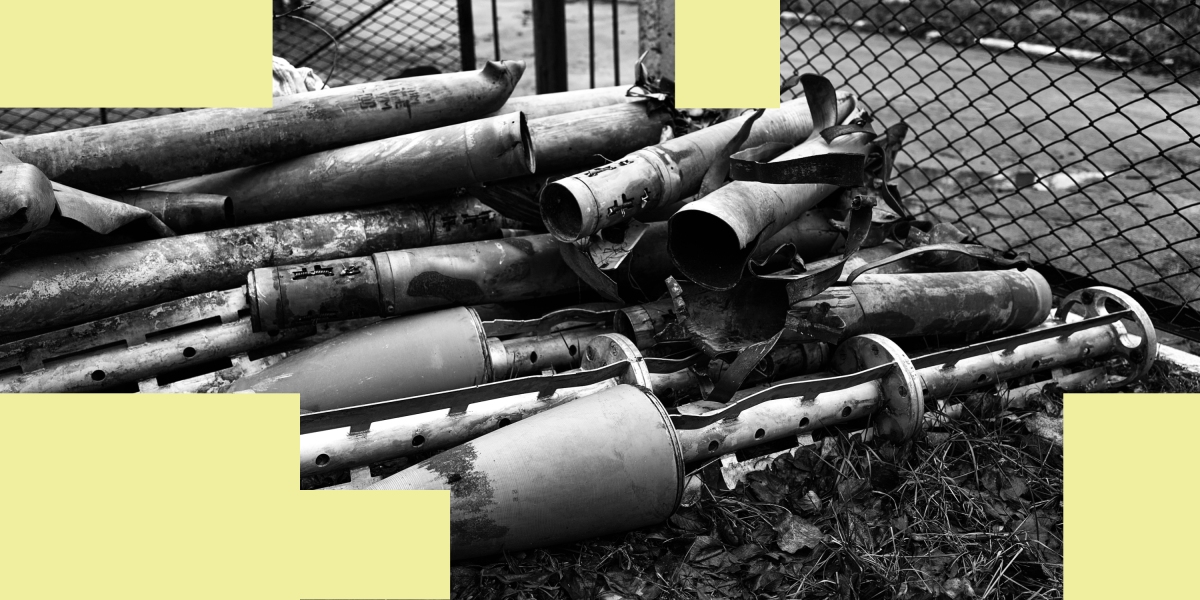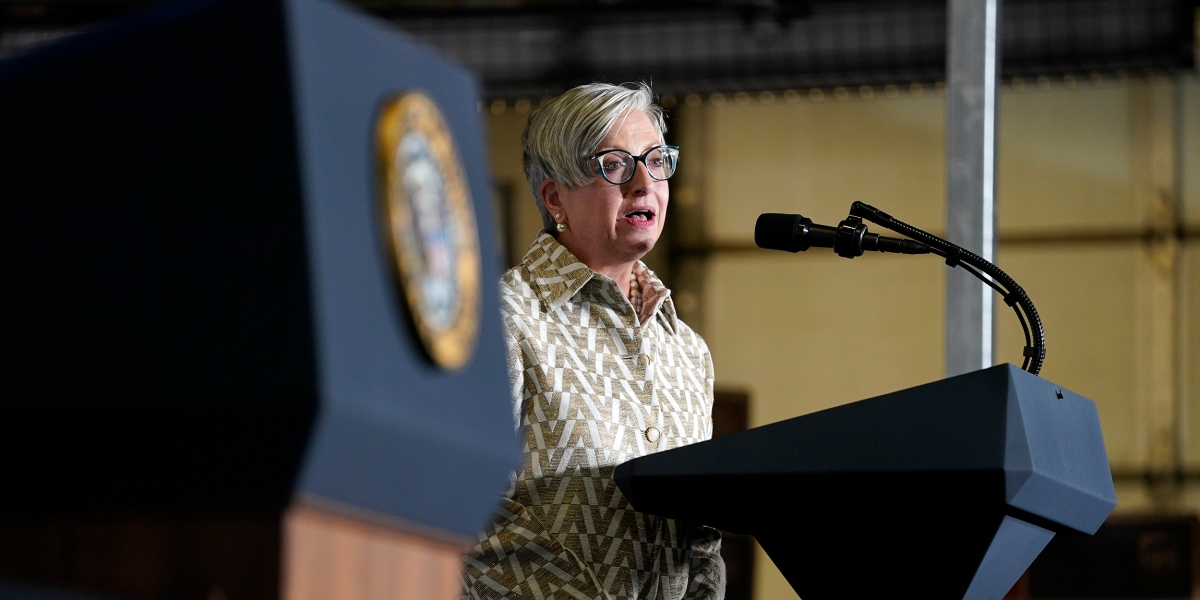Last month, Uganda’s President Yoweri Museveni signed off on one of the most draconian pieces of anti-LGBTQ+ legislation in the world.
Homosexuality has been illegal in Uganda, a conservative East African nation, since 1950, but Ugandans now face life imprisonment for gay sex. Anyone attempting to have same-sex relations could be sentenced to 10 years in prison. Advocates for the rights of LGBTQ+ people, including human rights campaigners or those funding advocacy organizations, could face up to 20 years’ imprisonment for the “promotion of homosexuality.”
“The enactment of Uganda’s Anti-Homosexuality Act is a tragic violation of universal human rights — one that is not worthy of the Ugandan people,” President Joe Biden announced last month. “This shameful Act is the latest development in an alarming trend of human rights abuses and corruption in Uganda.”
Nonetheless, the United States is slated to give Uganda close to $20 million in security assistance this year, according to Donovan Satchell, a spokesperson with the State Department’s Bureau of African Affairs.
“The situation for LGBTQI+ people in Uganda is a matter of life or death. As attacks against the LGBTQI+ community continue to spread around the world, it’s clear we have an obligation to stand up against the targeted violence toward the Ugandan LGBTQI+ community,” Rep. Becca Balint, D-Vt., told The Intercept. “The United States cannot continue to support countries that actively persecute and criminalize LGBTQI+ people.” Balint is currently working on an amendment to next year’s defense authorization bill that would restrict or cut off security assistance to Uganda due to the anti-gay law.
Balint is just one of several members of Congress who have expressed alarm at the continued flow of military aid to the increasingly repressive country the State Department calls a “reliable partner for the United States in promoting stability in the Horn and East/Central Africa and in combatting terror.”
“Congressman McGovern condemns Uganda’s Anti-Homosexuality Act in the strongest of terms,“ Matthew Bonaccorsi, a spokesperson for Rep. James P. McGovern of Massachusetts, the senior Democrat on the House Rules Committee, told The Intercept. “He believes that the United States government should respond not only by imposing individual sanctions on those responsible for this violation of human rights, but also by suspending military and security assistance until this law is repealed and the rights of innocent LGTBQI+ Ugandans are restored.”
The Defense Department has spent more than $280 million on equipment and training for Uganda since 2011, according to the Congressional Research Service. That does not include about $18 million in funds for international military education and training and peacekeeping operations scheduled to be doled out this year. Uganda has also been the largest recipient of U.S. funding for the African Union Mission in Somalia, or AMISOM, which has cost the U.S. roughly $2.5 billion overall. That includes “train and equip” funding, of which Uganda has been among the largest recipients on the African continent.

Photo: AFP via Getty Images
“The law has been widely condemned in the U.S. press, but few have noted the critical role the U.S. has played in bolstering this regime’s military capacity.”
“Uganda’s horrific new law targeting LGBTQ people is just the latest reminder of how unchecked funneling of weapons and training to brutal regimes abroad can inadvertently enable crimes against humanity,” Erik Sperling of Just Foreign Policy, an advocacy group critical of mainstream Washington foreign policy, told The Intercept. “The law has been widely condemned in the U.S. press, but few have noted the critical role the U.S. has played in bolstering this regime’s military capacity. It’s too late to rescind the hundreds of millions in weapons and training already provided to Ugandan forces, but any future aid should be suspended indefinitely.”
U.S. Africa Command provided boilerplate responses that did not address the substance of The Intercept’s questions. “U.S. Africa Command focuses on building African partner nation capabilities primarily through security force assistance programs, exercises, military-to-military and key leader engagements, and operations,” AFRICOM spokesperson Kelly Cahalan told The Intercept by email.
Research by The Intercept turned up copious evidence of significant and enduring assistance to the East African nation.
The United States has employed Ugandan commandos as U.S. proxies — dispatched on U.S.-directed missions, targeting U.S. enemies to achieve U.S. aims — in Somalia under the shadowy 127e authority as part of a counterterrorism program code-named Ultimate Hunter.
U.S. Special Operations forces have also repeatedly traveled to Uganda to train alongside members of the Uganda People’s Defense Force, or UPDF, and other security forces as part of the Joint Combined Exchange Training program. As recently as April, U.S. troops conducted a JCET there.
The United States also has a long-standing base in Entebbe, Uganda. Over many years, it has served as a staging area for “essential” airlift and evacuation missions; a sometime home away from home for Special Purpose Marine Air-Ground Task Force, Crisis Response, or SPMAGTF-CR; and the headquarters for a Special Operations unit that spearheaded the failed mission to capture or kill warlord Joseph Kony.
In 2017, according to exclusive documents obtained by The Intercept via the Freedom of Information Act, AFRICOM launched an investigation into “allegations of rape, sexual assault, and abuse … allegedly committed by Ugandan military forces” in the Central African Republic during the hunt for Kony. The results of the inquiry have never been made public.
U.S. training exercises are regularly held in Uganda and Ugandan forces also travel overseas for U.S. schooling and other activities. Since 2007, according to data from the State Department and the Security Assistance Monitor, a program of the nonprofit Center for International Policy, the U.S. has provided more than 62,000 trainings for Uganda’s security forces. That includes more than 5,000 in 2020, the last year for which we have comprehensive figures.
In 2019, for example, U.S. Marines and sailors with SPMAGTF-CR advised local forces at the Uganda Rapid Deployment Capability Center in Jinja, Uganda, and Peace Operations Training Center in Singo, Uganda. “We started training alongside the UPDF members by covering weapons handling and safety rules, land navigation, and reaction of enemy contact, to lead us to the main focus of this iteration which is patrolling tactics,” explained U.S. Marine Lance Cpl. Matthew Wade, a team leader with SPMAGTF-CR at the time.
In 2020, U.S. soldiers conducted a training course on leadership skills with Uganda Wildlife Authority rangers. In 2022, Bob Paciesky Ogiki, the chief of staff of the Ugandan military’s land forces, traveled to the U.S.-run African Land Forces Colloquium in Grafenwöhr, Germany, where top leaders discussed security challenges and, according to U.S. military press releases, “ways to ‘Train to Fight.’” Earlier this year, portions of AFRICOM’s Justified Accord 23, a long-running multinational exercise involving more than 20 countries, were held in Uganda.
Uganda has been an especially important U.S. partner, according to a 2020 inspector general’s report, because it is the only one of five troop-contributing countries to the AMISOM mission to have “engaged in joint combat operations with [Somali] troops.” The largest African Union contingent in Somalia force for many years, Uganda has suffered grave losses there. Last month, fighters from the terror group al-Shabab attacked Ugandan troops at a base for the African Union Transition Mission in Somalia. Uganda put its death toll at 54; al-Shabab said the coordinated assault killed 137.
According to the 2020 inspector general’s report, “Uganda sent two UH-1 ‘Huey’ helicopters, purchased by the U.S. Government, and two Bell-412 helicopters to … [Somalia’s] Baledogle Military Airfield to provide airlift and reconnaissance capabilities to AMISOM operations.” That year, the State Department also awarded a $14.7 million grant to Bancroft Global Development, a private military contractor, “to mentor and train both [Somalia’s] Danab Brigade and Ugandan forces.” In addition to all the military support, the United States also provides significant humanitarian and economic assistance to Uganda, with the total amount approaching $1 billion per year.
“This draconian new legislation deprives LGBTQ+ Ugandans of their basic human rights. It is shocking and shameful,” Rep. Barbara Lee, D-Calif., told The Intercept by email. “I hope that the Ugandan courts will act to protect the basic human rights of all Ugandans, regardless of their sexual identity.”
AFRICOM did not respond to questions about whether cutting military aid to Uganda would affect its mission or if its reluctance to answer questions about Uganda was linked to its anti-LGBTQ+ law.
